Who was Otto Rank?
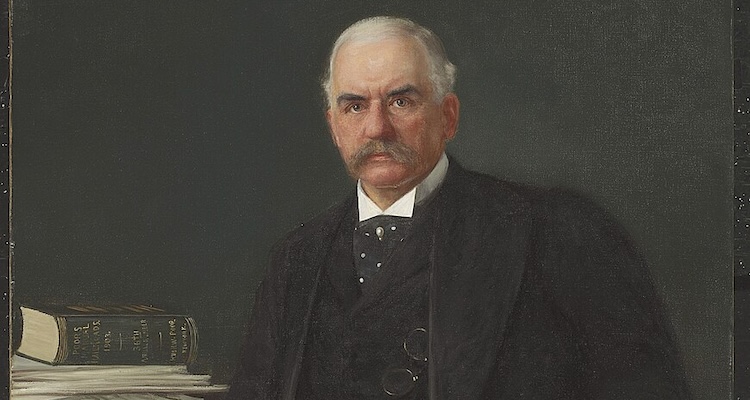
Otto Rank (1884-1939) stands as one of the most innovative and controversial figures in the history of psychoanalysis. Rising from humble beginnings in Vienna to become one of Freud’s closest collaborators, Rank ultimately developed his own distinctive therapeutic approach that emphasized birth trauma, creativity, and the human will. His theoretical departures from orthodox psychoanalysis, while initially met with hostility, have proven remarkably prescient, influencing humanistic psychology, existential therapy, and contemporary trauma theory.
Early Life and Relationship with Freud
Born Otto Rosenfeld in Vienna to a Jewish craftsman family, Rank’s early life was marked by poverty and limited educational opportunities. Despite these constraints, he was an avid autodidact, devouring literature and philosophy while working as a locksmith. His intellectual passion led him to write “Der Künstler” (The Artist), an analysis of art and creativity that caught Sigmund Freud’s attention in 1905.
Freud became a mentor and father figure to the young Rank, arranging for his university education and appointing him as secretary to the Vienna Psychoanalytic Society. For nearly twenty years, Rank served as Freud’s closest intellectual companion, co-authoring works and helping to shape the psychoanalytic movement. This period of collaboration would prove enormously productive for both men, though it would eventually end in a painful break.
The Birth Trauma Theory
Rank’s most controversial contribution to psychoanalytic theory was his 1924 work “The Trauma of Birth.” In this groundbreaking text, he proposed that the primary human anxiety stems not from the Oedipus complex, as Freud maintained, but from the universal trauma of birth. This physical separation from the mother, Rank argued, creates a template for all subsequent experiences of anxiety and separation.
The birth trauma theory suggested that all human development involves a struggle between the desire to return to the womb’s safety and the need to individuate and grow. This tension manifests in various ways throughout life, from children’s separation anxiety to adults’ existential struggles with independence and connection.
Rank observed that therapeutic healing often involved a symbolic “rebirth” experience, where clients work through their original birth trauma to achieve greater autonomy and vitality. This insight would influence later therapeutic approaches, particularly those focusing on primal experiences and body-oriented healing.
Will Therapy and the Importance of the Present
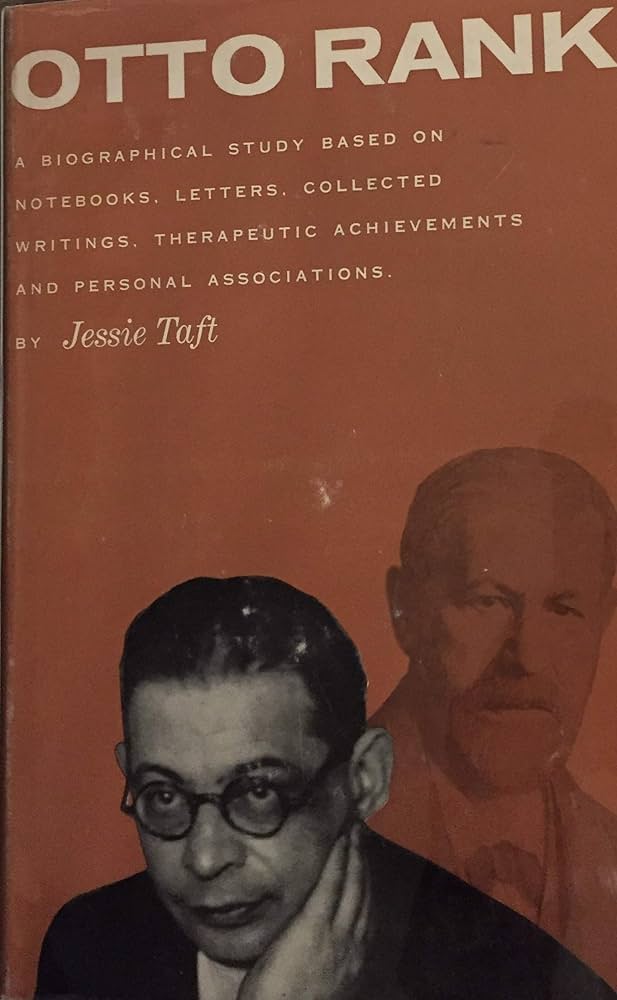 Perhaps Rank’s most enduring contribution was his development of “will therapy,” which emphasized the importance of present experience and personal choice over historical investigation. Unlike traditional psychoanalysis, which focused on past events and unconscious conflicts, will therapy aimed to strengthen the individual’s capacity for conscious choice and creative self-expression.
Perhaps Rank’s most enduring contribution was his development of “will therapy,” which emphasized the importance of present experience and personal choice over historical investigation. Unlike traditional psychoanalysis, which focused on past events and unconscious conflicts, will therapy aimed to strengthen the individual’s capacity for conscious choice and creative self-expression.
Rank viewed the will not as mere conscious intention but as a fundamental life force expressing itself through individual choices and creative acts. He believed that psychological problems often stemmed from conflicts between this will-to-individuation and various forms of dependency and attachment.
The therapeutic relationship, in Rank’s approach, became less about interpreting the past and more about supporting the client’s present-moment choices and creative potential. This shift anticipated many aspects of later humanistic and existential therapies, including their emphasis on authenticity and personal growth.
Art and Creativity
Throughout his career, Rank maintained a deep interest in artistic creativity and its relationship to psychological development. His works “Art and Artist” (1932) and “Truth and Reality” (1936) explored how creative expression serves as a vehicle for both individual growth and cultural evolution.
For Rank, the artist represented a paradigmatic figure who successfully navigates the tension between separation and union, independence and connection. Through creative work, the artist both asserts individual will and contributes to collective meaning-making. This understanding of creativity as a psychological and spiritual process influenced later thinkers in both psychology and aesthetics.
The Role of Culture and Myth
Rank was among the first psychoanalysts to seriously study cultural and mythological patterns from a psychological perspective. His early work “The Myth of the Birth of the Hero” (1909) examined how heroic myths across cultures reflect universal psychological dynamics, particularly the struggle for individuation.
Unlike many of his contemporaries, Rank viewed cultural forms not as mere sublimations of instinctual drives but as essential expressions of human spiritual and psychological needs. This appreciation for culture’s positive role in human development anticipated later developments in cultural psychology and anthropological approaches to mental health.
Psychology of Relationships
Rank’s understanding of human relationships departed significantly from Freudian orthodoxy. Rather than viewing attachment primarily through the lens of infantile sexuality, he emphasized the existential dynamics of dependency and independence, union and separation.
His work on the mother-child relationship was particularly innovative, highlighting the psychological importance of the pre-Oedipal period and the role of early attachment in shaping personality. These insights would later influence attachment theory and object relations psychology.
Rank also developed a sophisticated understanding of the therapeutic relationship, viewing it as a context for working through birth trauma and separation anxiety rather than primarily for analyzing transference. This approach influenced later developments in relational psychotherapy.
Impact on Modern Psychology
Rank’s influence extends far beyond his immediate historical context. His emphasis on birth trauma has found support in modern research on prenatal and perinatal psychology. His understanding of the will as a fundamental psychological force anticipated aspects of self-determination theory and positive psychology.
Contemporary trauma theory has validated many of Rank’s insights about the importance of early experience and the body’s role in psychological healing. His appreciation for creativity and cultural expression as paths to psychological growth continues to inspire arts-based therapies and cultural approaches to mental health.
Rank’s influence can be traced in various modern therapeutic approaches:
- Humanistic Psychology: His emphasis on present experience and personal choice
- Existential Therapy: His focus on anxiety and authentic living
- Brief Therapy: His time-limited approach to treatment
- Art Therapy: His understanding of creativity’s healing potential
- Trauma Therapy: His insights about early experience and bodily memory
Contributions to Therapeutic Technique
Rank made several innovative contributions to therapeutic technique that continue to influence contemporary practice. He advocated for time-limited therapy, believing that setting an end date could mobilize the client’s will and creativity. This approach contrasted sharply with the open-ended nature of traditional analysis.
He also emphasized the importance of working with resistance as a positive expression of the client’s will rather than as a obstacle to be overcome. This respectful attitude toward client autonomy anticipated later person-centered and collaborative approaches to therapy.
Philosophical Foundations
Rank’s psychological theories were grounded in a sophisticated philosophical understanding that drew from various sources, including Nietzsche, Schopenhauer, and existential thought. His concept of the will reflected a deep engagement with questions of human freedom, creativity, and meaning.
Unlike the deterministic tendencies in Freudian theory, Rank emphasized human choice and responsibility while acknowledging the reality of psychological and social constraints. This balanced perspective continues to offer insights for addressing contemporary questions about agency and determination.
Legacy and Contemporary Relevance
Otto Rank’s legacy presents a remarkable example of theoretical innovation and clinical wisdom. His willingness to challenge orthodox views while maintaining a deep appreciation for human complexity offers an inspiring model for contemporary practitioners.
In an era increasingly dominated by mechanistic and reductionist approaches to mental health, Rank’s emphasis on creativity, will, and cultural meaning provides crucial balance. His insights about birth trauma, separation anxiety, and the healing power of creative expression continue to inform therapeutic practice.
As psychology grapples with questions of human agency in an age of neuroscience and genetic determinism, Rank’s sophisticated understanding of the will offers valuable perspective. His appreciation for both individual choice and cultural context provides a framework for addressing contemporary challenges in mental health and human development.
Otto Rank’s Legacy
Otto Rank’s contributions to psychology represent a unique synthesis of psychoanalytic insight, existential wisdom, and practical therapeutic innovation. His emphasis on birth trauma, creative will, and present experience anticipated many developments in modern psychology while maintaining a deeply humanistic perspective.
As we face the challenges of the 21st century, Rank’s work reminds us of the importance of balancing scientific understanding with appreciation for human creativity and spiritual needs. His legacy continues to inspire those seeking to understand and support human growth in all its complexity.
Bibliography:
Kramer, R. (1996). The Birth of Client-Centered Therapy: Carl Rogers, Otto Rank, and ‘The Beyond’. Journal of Humanistic Psychology, 36(3), 54-89.
Lieberman, E. J. (1985). Acts of Will: The Life and Work of Otto Rank. Free Press.
Menaker, E. (1982). Otto Rank: A Rediscovered Legacy. Columbia University Press.
Rank, O. (1924/1993). The Trauma of Birth. Dover Publications.
Rank, O. (1932/1989). Art and Artist: Creative Urge and Personality Development. Norton.
Rank, O. (1936/1978). Truth and Reality. Norton.
Rank, O. (1945). Will Therapy and Truth and Reality. Knopf.
Rudnytsky, P. L. (1991). The Psychoanalytic Vocation: Rank, Winnicott, and the Legacy of Freud. Yale University Press.
Taft, J. (1958). Otto Rank: A Biographical Study Based on Notebooks, Letters, Collected Writings, Therapeutic Achievements and Personal Associations. Julian Press.




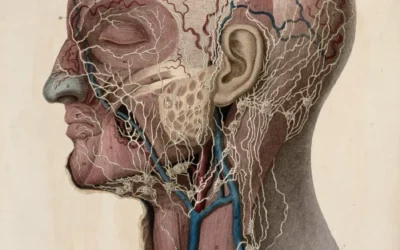

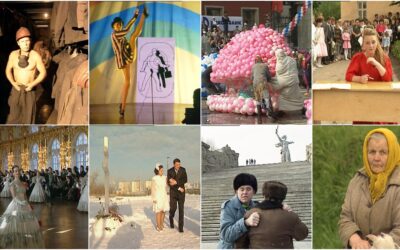







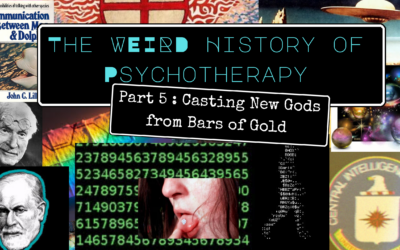
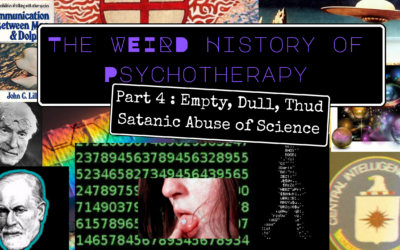
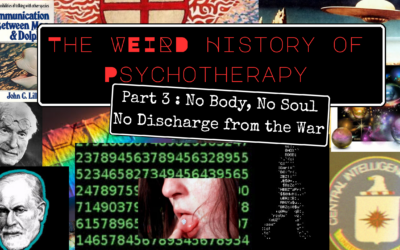
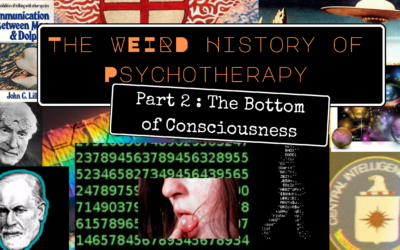

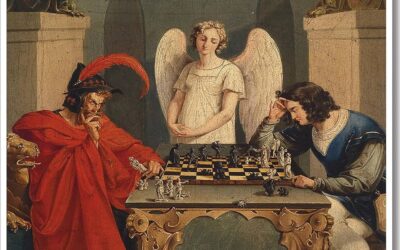

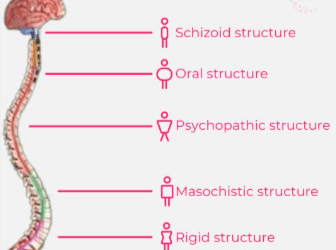




0 Comments